Dandruff vs Dry Scalp
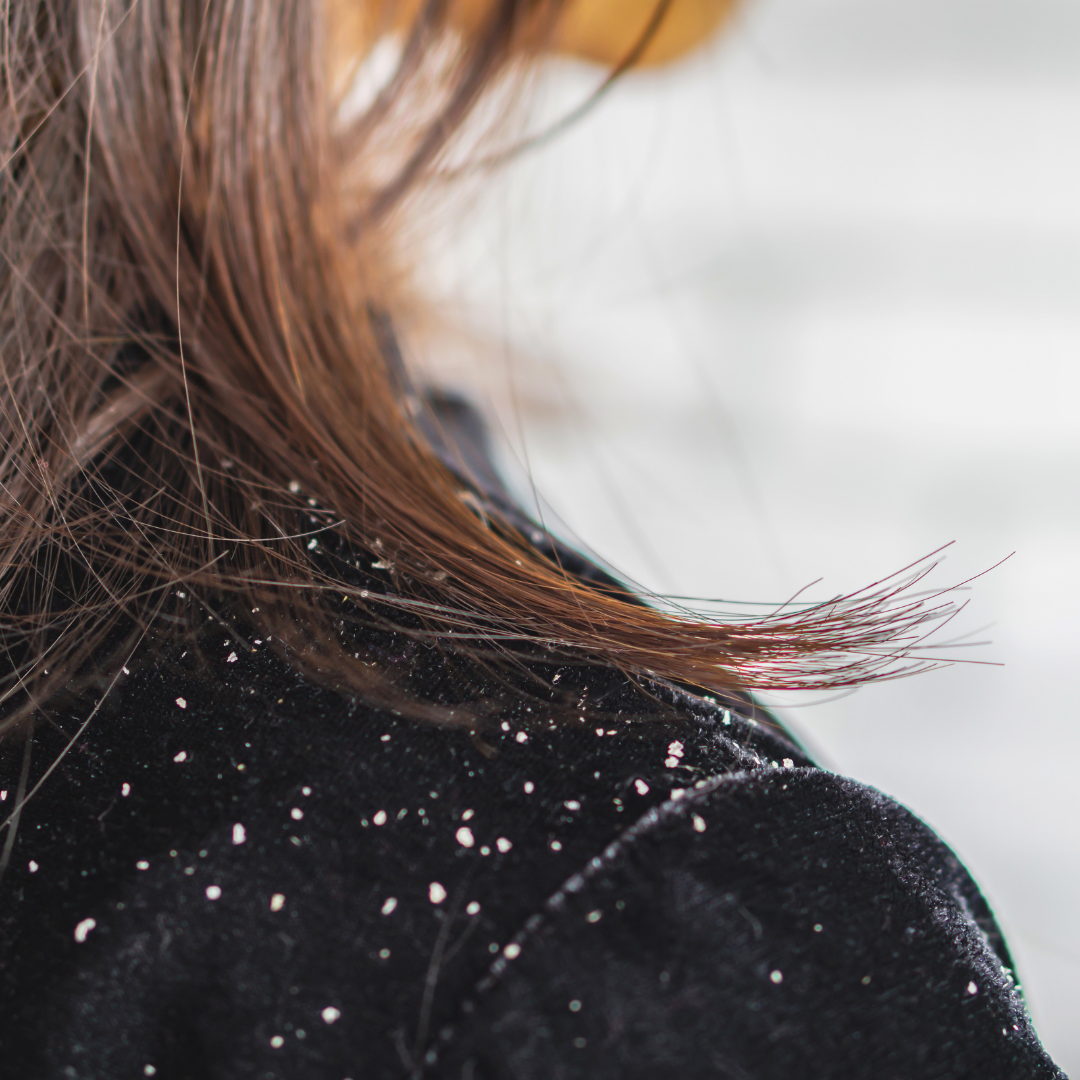
As a hair stylist, I not only create flattering looks on my guests, but I also look for changes in the hair and scalp, which may indicate a health issue inside of the body. The most common thing that I see, and people complain about the most, is a dry itchy scalp. Inevitably they ask what they can do for their “dandruff”, that’s when I offer a little education.
Many of us have experienced an itchy, flaky scalp at some point in our lives, but it’s important to differentiate between dandruff and a dry flaky scalp to effectively address the issue. Understanding the causes behind each condition can help you find the right treatment and regain a healthy scalp. In this blog post, we will explore the differences between dandruff and dry flaky scalp, as well as the causes and treatments for each.
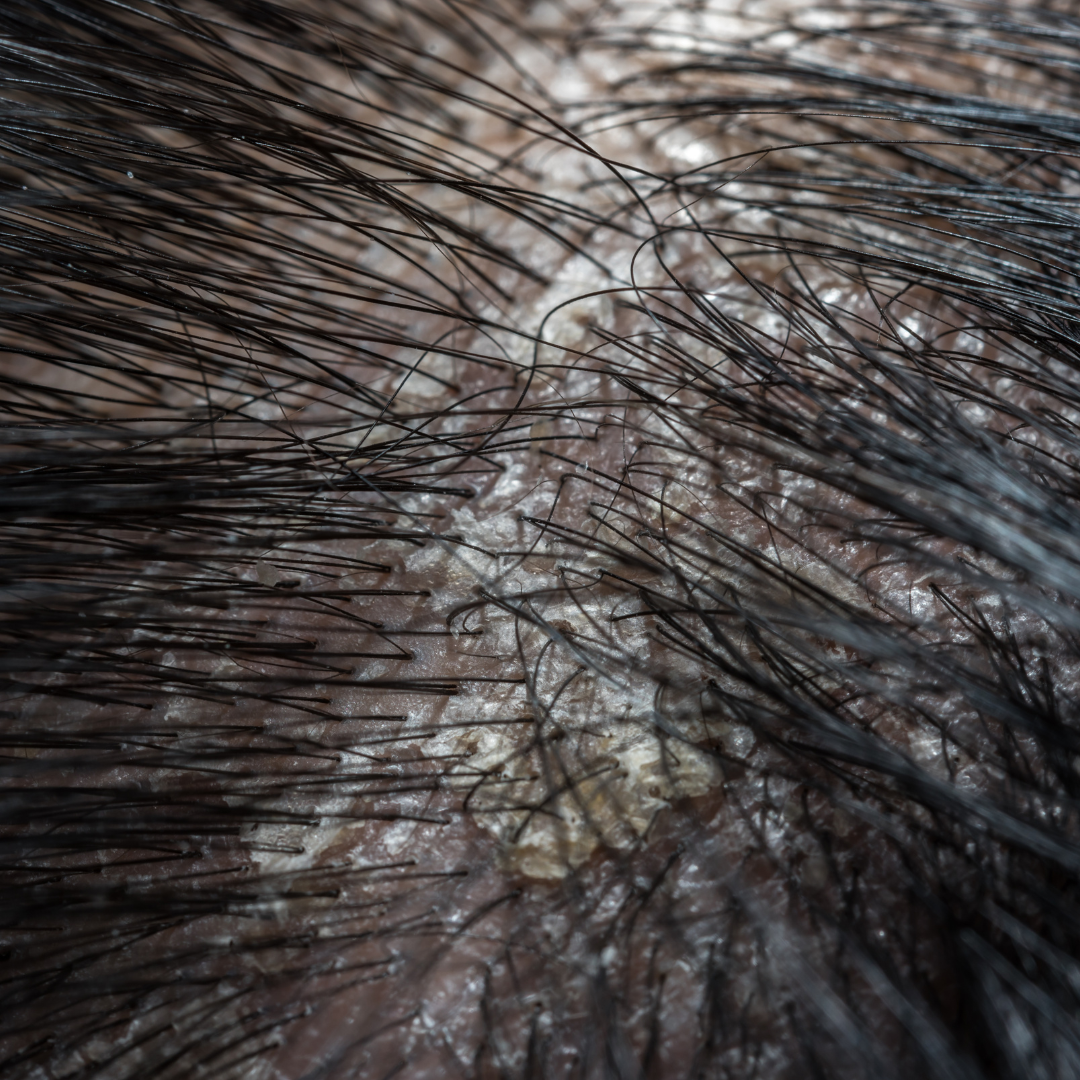
Dandruff:
Dandruff is a chronic, inflammatory scalp condition characterized by the white or yellowish flakes that often appear on the scalp and hair. It is caused by the overgrowth of a fungus called Malassezia, which feeds on the natural oils produced by our scalp. Some common causes of dandruff include:
1. Sebum production: Excessive oil production on the scalp can contribute to dandruff. It creates an ideal environment for the Malassezia fungus to thrive.
2. Irritated or oily skin: Skin conditions like eczema or seborrheic dermatitis can increase the risk of dandruff.
3. Yeast sensitivity: Some individuals may have an increased sensitivity to the Malassezia fungus, leading to an overreaction of the immune system and resulting in dandruff symptoms.
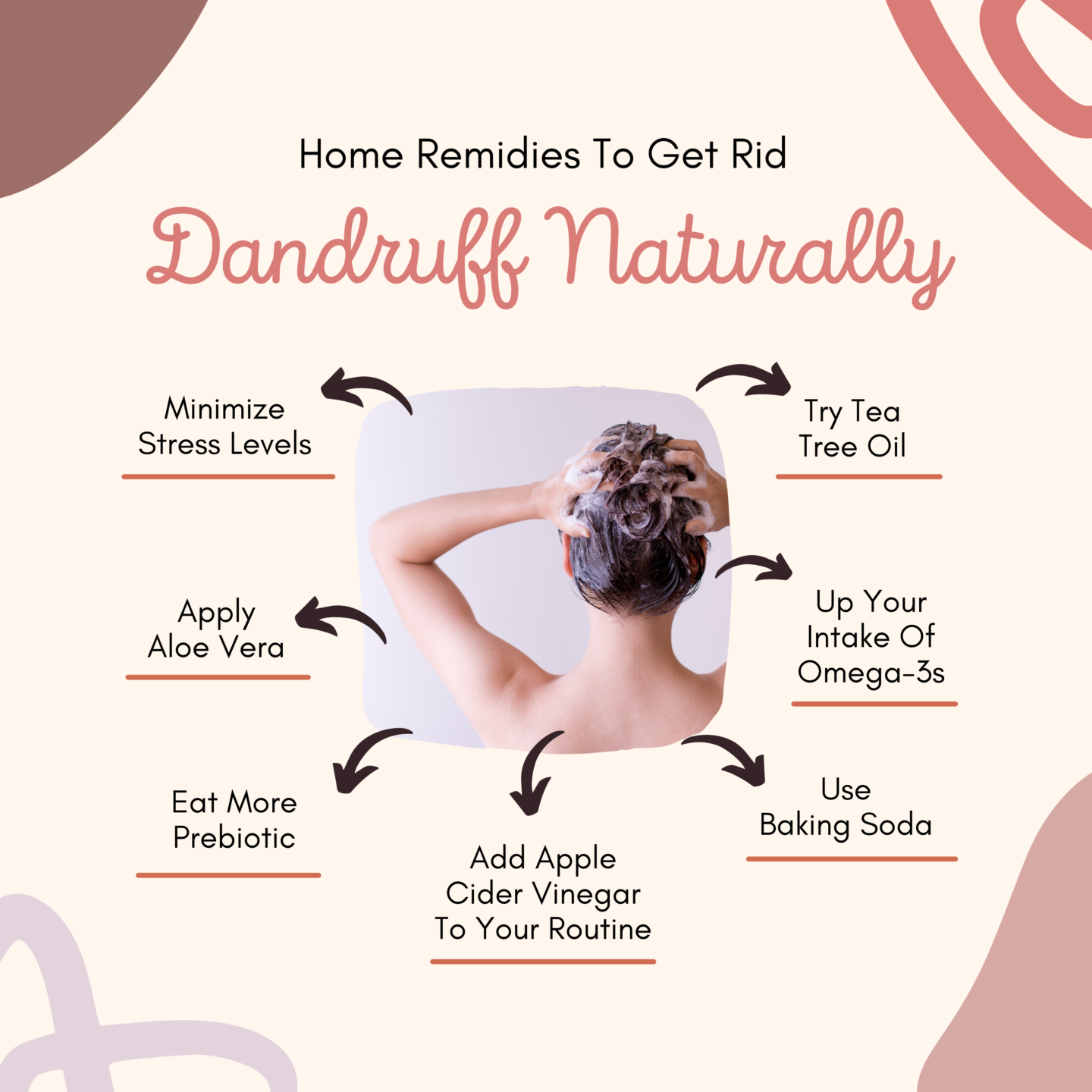
Treatments for Dandruff:
Several effective treatments can help manage dandruff. These include:
1. Medicated shampoos: Shampoos containing active ingredients like zinc pyrithione, ketoconazole, salicylic acid, or selenium sulfide can help to control the growth of the Malassezia fungus, reducing dandruff.
2. Anti-inflammatory agents: Topical corticosteroids or natural ingredients like aloe vera or tea tree oil can help reduce inflammation and soothe the scalp.
3. Regular cleansing and hydration: Keeping the scalp clean and moisturized can prevent the buildup of excess oil and dead skin cells, making it harder for dandruff to develop. Avoid using harsh hair products and make sure to rinse thoroughly after washing.
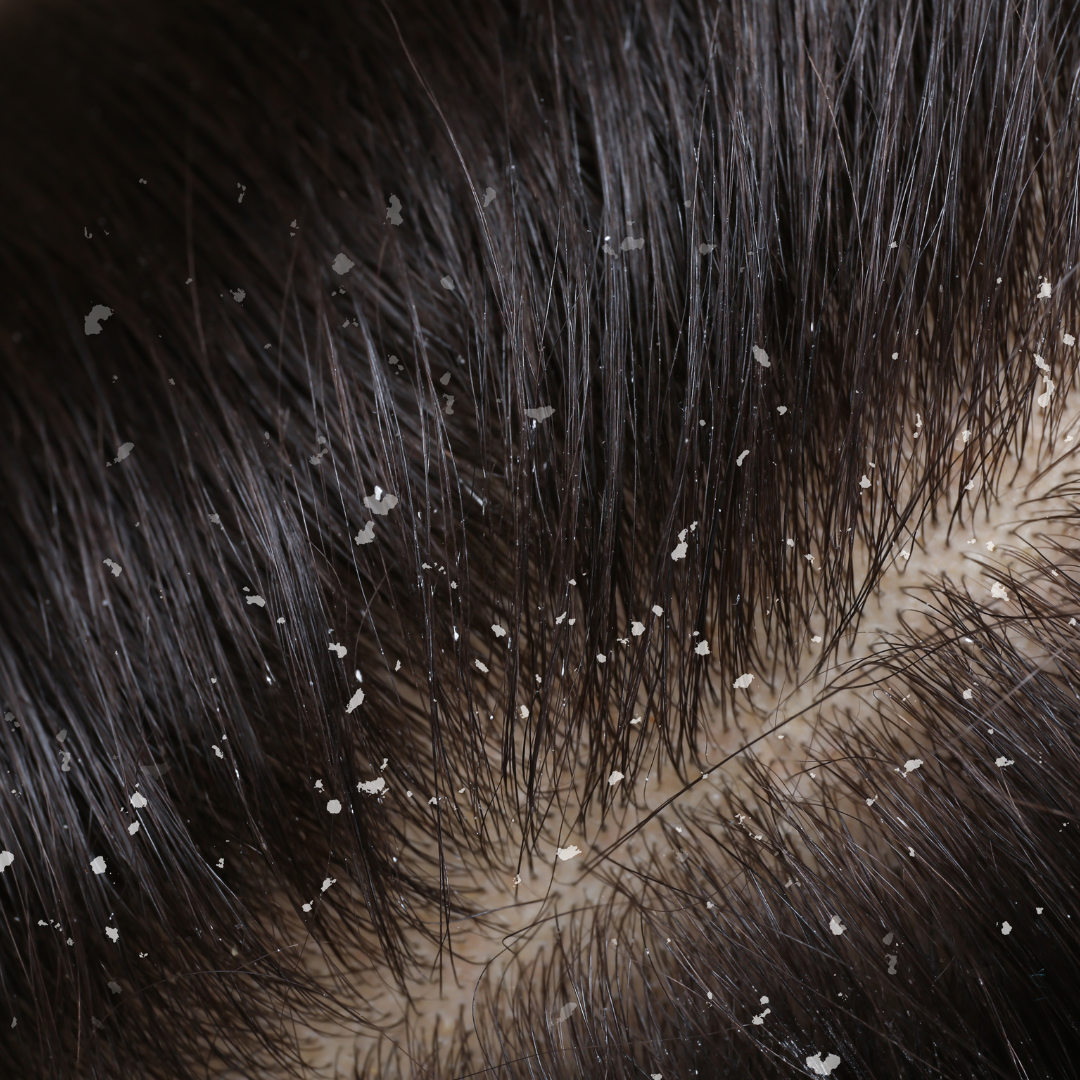
Dry Flaky Scalp:
Unlike dandruff, a dry flaky scalp occurs due to insufficient moisture. It tends to be more common during colder months when the air is dry or due to certain underlying causes such as:
1. Hot showers and frequent shampooing: Overexposure to hot water and excessive shampooing can strip the scalp of its natural oils, making it dry and prone to flaking.
2. Environmental factors: Dry climates, cold weather, and indoor heating can dehydrate the scalp, resulting in dryness and flaking.
3. Skin conditions: Conditions like psoriasis or eczema can cause dryness and flaking of the scalp.
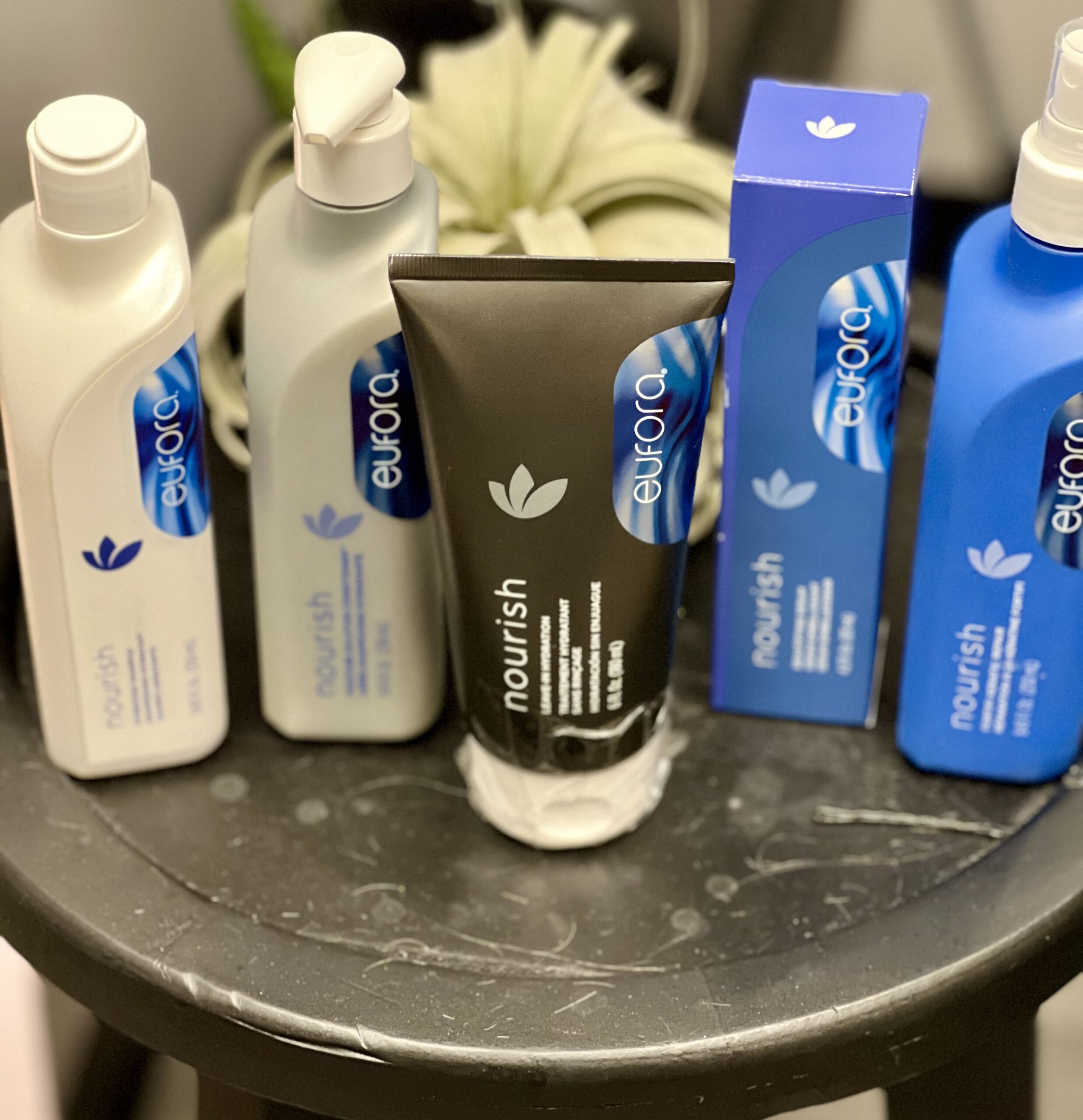
Treatment for Dry Flaky Scalp:
If you are experiencing a dry flaky scalp, consider the following treatments:
1. Hydration: Drink plenty of water to keep your body hydrated, which helps maintain moisture levels in the skin and scalp.
2. Moisturizing shampoos and conditioners: Look for gentle, hydrating hair products that contain ingredients like coconut oil, shea butter, or glycerin to replenish moisture in the scalp and hair.
3. Scalp oils and masks: Applying natural oils like coconut, jojoba, or almond oil to the scalp can help keep it moisturized. Additionally, using a scalp mask once a week can provide intense hydration.

Conclusion:
Distinguishing between dandruff and a dry flaky scalp is crucial for finding the right treatment. By understanding the underlying causes and adopting appropriate remedies, you can effectively manage these scalp conditions. If symptoms persist or worsen, it’s always advisable to consult a dermatologist for a proper diagnosis and personalized treatment plan. Remember, a healthy scalp is the foundation for healthy hair! Happy healthy scalp leads to happy healthy locks!!! xoxo
